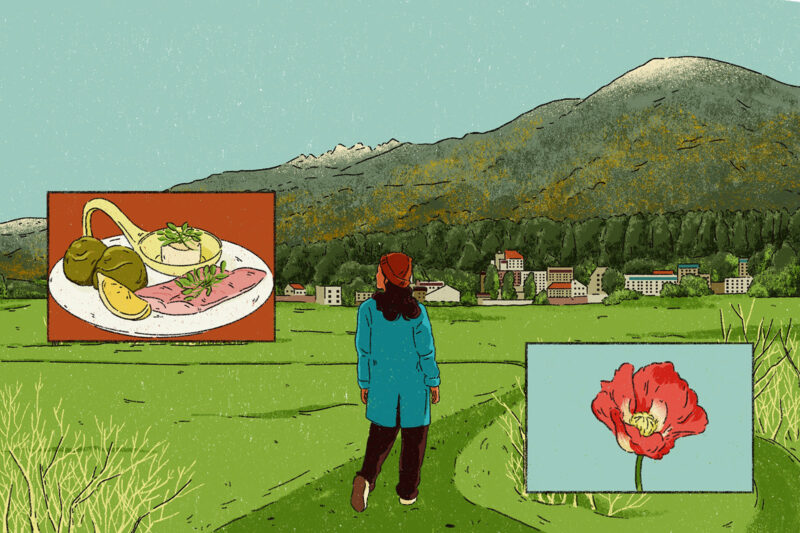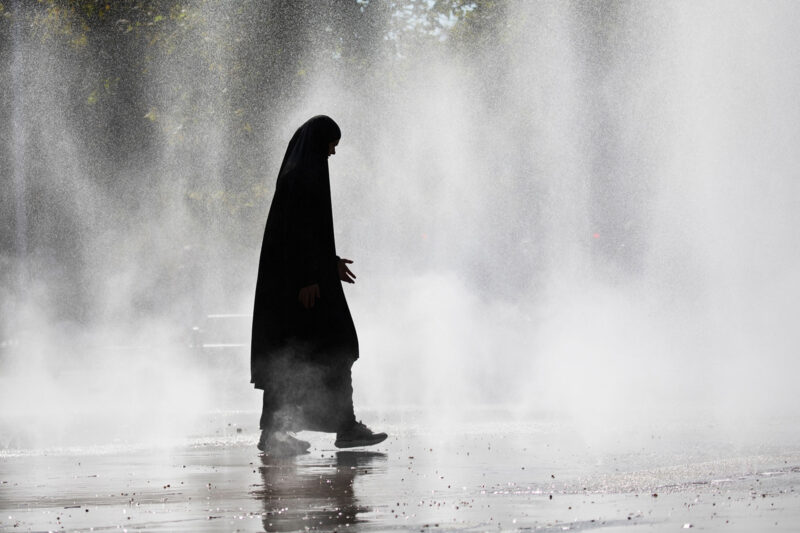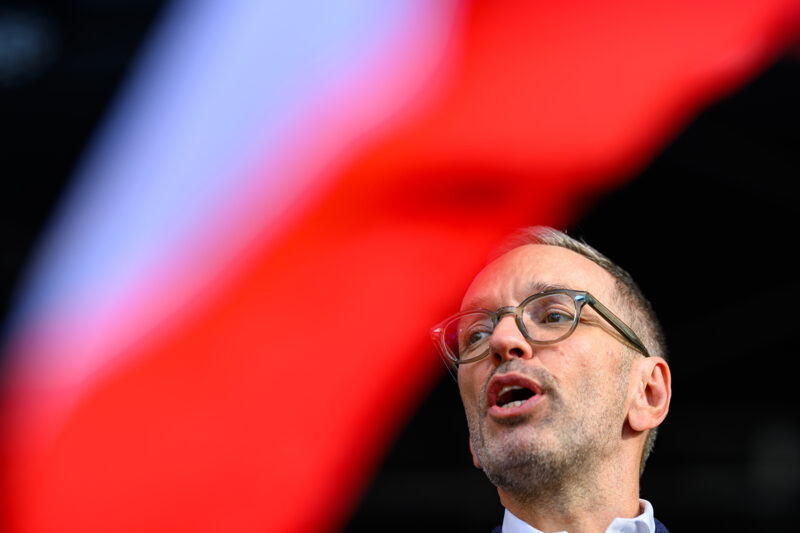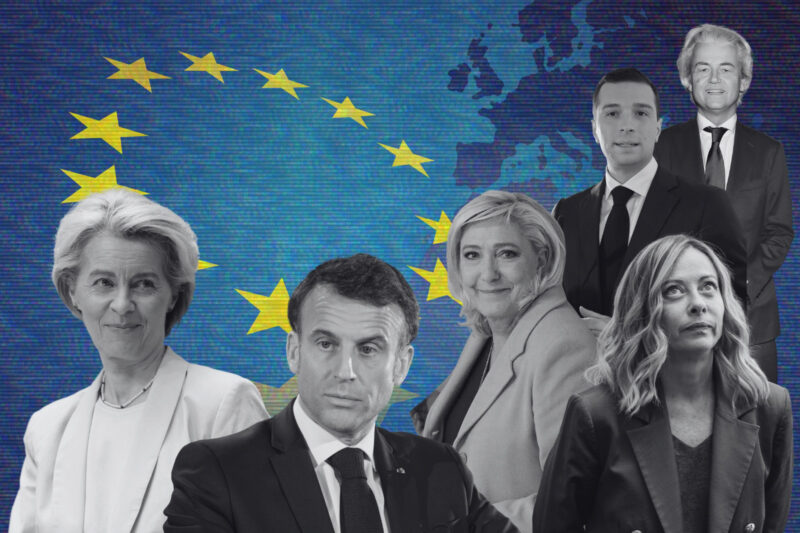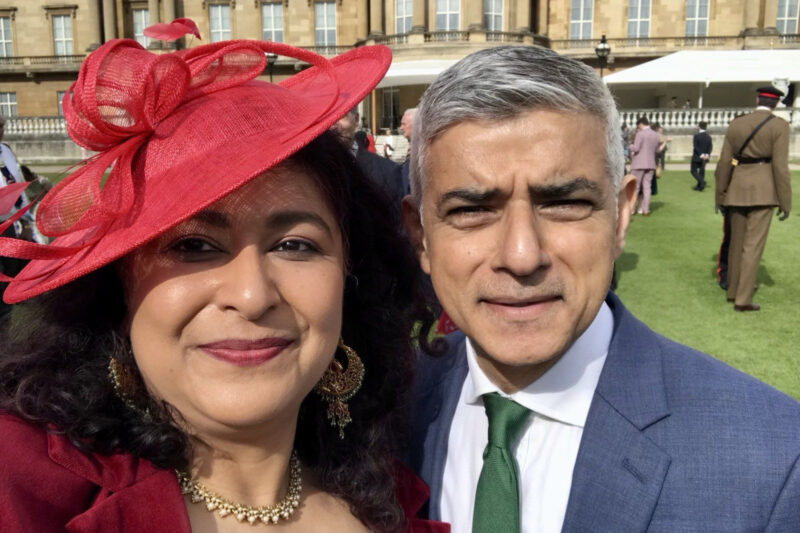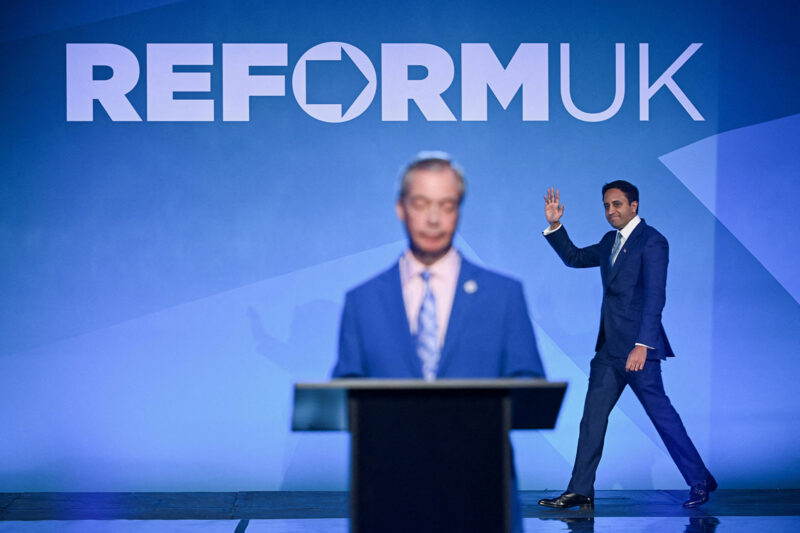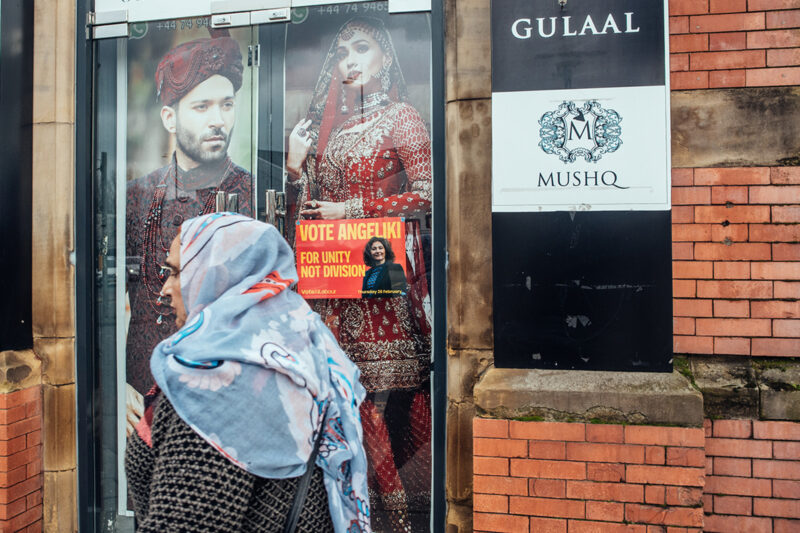Austrian academic wrongly accused of ‘terrorism’ links speaks out
Farid Hafez, the prominent Austrian political scientist forced to flee to America after being targeted in 2020 police raids, says he won’t return home even though all charges against him have been dropped
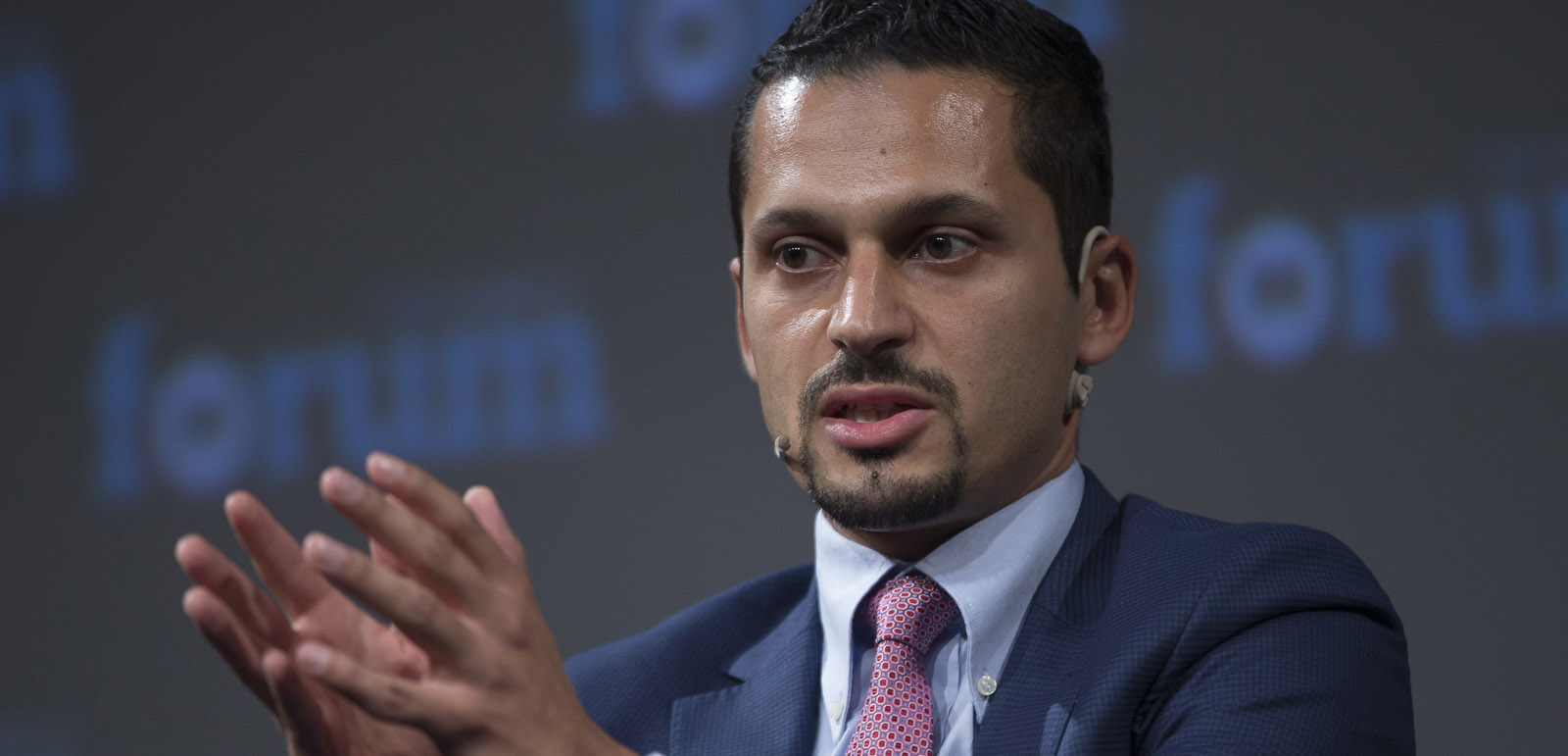
Early in the morning of 9 November 2020, Austrian special forces raided the houses of 70 Muslim community leaders and academics across the country on suspicion of establishing terrorist organisations, organising terrorism and money laundering. Involving more than 900 police officers, special agents and officials across four states, Operation Luxor, named after an ancient city in Egypt, was the largest coordinated police raid in Austria since the Second World War.
Among those detained was the political scientist Farid Hafez. Born in the northern state of Upper Austria to an Egyptian father and a white Austrian mother, Hafez is best known for his annual report on European Islamophobia and is a founder of the Austrian Muslim Youth Association. The search warrant for Hafez’s home in Graz alleged that he was working to destroy Israel and topple Sisi’s government in Egypt to establish a worldwide Islamic caliphate.
“Around 20 to 30 people stormed into my house at five in the morning, heavily armed, and pointed their guns at me and my children,” said Hafez, speaking via a Zoom call from Williamstown in Massachusetts, where he is a visiting professor at Williams College.
“The raids were so violent that the police destroyed the entrance door and broke one of the windows. My assets and bank accounts were frozen, leaving me unable to pay for lawyers. It was an economic and a political death, a way to tell me to get out of the country or we will mess you up.”
At a press conference on the day of the highly militarised exercise, then Interior Minister Karl Nehammer – who was present at the raids — framed Operation Luxor as a “successful measure” taken against the growing presence of “political Islam” in Austria.
It came just a week after an Isis sympathiser launched a mass shooting in Vienna, killing five people and injuring 23 more. The raids were not an official response to the Vienna attacks, but for Hafez there was a clear connection.
‘The investigation was a means of intimidation. I was a symbol of a whole generation of younger intellectual Muslims in Austria’
“Politically, it was a way to show the public, ‘Look, we messed up on 2 November, but now you can see we are doing something.’ It was a way to distract people from what had happened a week earlier and position the minister of interior as the strong man who has everything under control and is effectively going after the bad Islamists.”
For Dr Helmut Krieger, a political scientist at the University of Vienna, the raids should also be viewed within the context of Austrian foreign policy.
“Operation Luxor was intended as a means to criminalise the politically active Muslims in Austria under the label of political Islam,” he said. “How the Austrian state understands political Islam is deeply influenced by the understanding of it by Egypt, the United Arab Emirates and Israel.
“The Austrian state has a very close relationship with these three states and it’s not just on a political or diplomatic level, it is also a close relationship on the level of the security apparatuses and on the level of who is perceived as an internal, global and common enemy.”
Hafez’s personal experience of anti-Muslim racism began several years before Operation Luxor. In 2015, under then Chancellor Sebastian Kurz, the Austrian government passed the Islam Act, restricting foreign funding for Austrian mosques and Islamic communities.
Kurz served as chancellor from December 2017 to May 2019, and then again from January 2020 to October 2021. His governments implemented a range of policies widely perceived as unfavourable towards Muslims, including plans to close several mosques, alleging that they were foreign-funded and promoted extremism and radicalisation. In 2017, the country introduced a controversial burqa ban, prohibiting the wearing of full-face coverings in public spaces.
Hafez has been an outspoken critic of the policies, arguing that these laws do not exist for Christian or Jewish communities and so discriminate against Austrian Muslims.
“I was a very strong critic of this new legislation,” he said. “People in academia, policy circles and media close to the state started sharing conspiracies about me being affiliated with Islamist movements. It became a vicious campaign against me. In a way, I realised things would become tougher, but I would have never imagined that they would use anti-terrorism legislation and a police raid to silence me.”
A few months after Operation Luxor, Hafez appealed against the raid at the Regional Court of Graz. This appeal was overturned. The court argued that his work for Georgetown University’s The Bridge Institute and as co-editor of the European Islamophobia Report was justification for investigation as a security threat.
The political scientist told Al Jazeera in a documentary about Operation Luxor that the accusations raised against him were “insane”, and that his study of Islamophobia had been “reframed” as a “form of terrorism”.
A year later, Hafez moved his appeal to the Higher Regional Court of Graz, which questioned the “evidential value” of the previous court’s ruling, noting that there was no substance to the conclusion that he was a member of an extremist organisation. Finally, in February 2023, all allegations against Hafez were dropped by the higher court and the police investigation into the terror charges against him was concluded.
“The idea from the beginning never was really to find evidence that I was a terrorist, because they knew very well that I have nothing to do with terrorism. As my lawyer informed me, the investigation itself was a punishment,” Hafez said.
“It was a means of intimidation. I was a symbol of a whole generation of younger intellectual Muslims in Austria. This operation was a mode of conveying a message to the largest minority within Austria.”
Krieger agrees that the Austrian state is working on the construction of stereotypes that the academic and author Mahmood Mamdani has described as “Good Muslim, Bad Muslim”. Muslims who are secular and western are portrayed as good, while those who are critical of the western ideas are bad.
“This dichotomy is the basic grounds for criminalising Muslim minorities here in Austria,” Krieger said. “What has become clear is that the raids were absolutely illegal. So, if the Austrian government understands itself as a democratic liberal government, it would have to compensate the victims of Operation Luxor materially but also immaterially. That means to open their files and explain why they made this mistake.”
Despite the detention and interrogation of more than 70 people whose assets were confiscated and bank accounts frozen, Operation Luxor did not result in a single arrest. When asked to explain this, Austria’s ministry of interior directed questions to the Regional Court of Graz where the case against Hafiz had been brought. The public prosecutor in Graz, however, declined to respond to repeated requests for comment.
Legality aside, Hafez is sceptical that the government would ever agree to that.
“First, they are proud to be fighting what they call ‘political Islam’,” he said. “But, most of all, the Austrian way of dealing with internal problems is to hide everything under the carpet, not come out and apologise.”
A few months before the raid took place, Hafez had been offered a visiting professorship at a liberal arts college in Massachusetts, which he had decided to defer because of the pandemic. After the November 9 incident, however, as he no longer felt safe in Austria, he decided to take up the position.
When asked if he had plans to return to Austria, his answer was categorical.
“No, not at all. Legally I’m out of this problem, as a person, but structurally speaking there is no reason to believe that things will get better,” he said. “If you look at how the intelligence service is still continuing with how they look at Muslims, there is no change.”
 Newsletter
Newsletter

